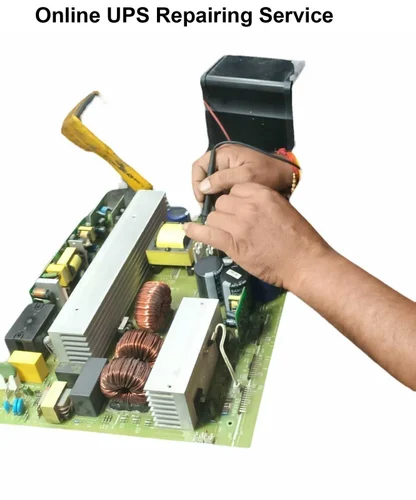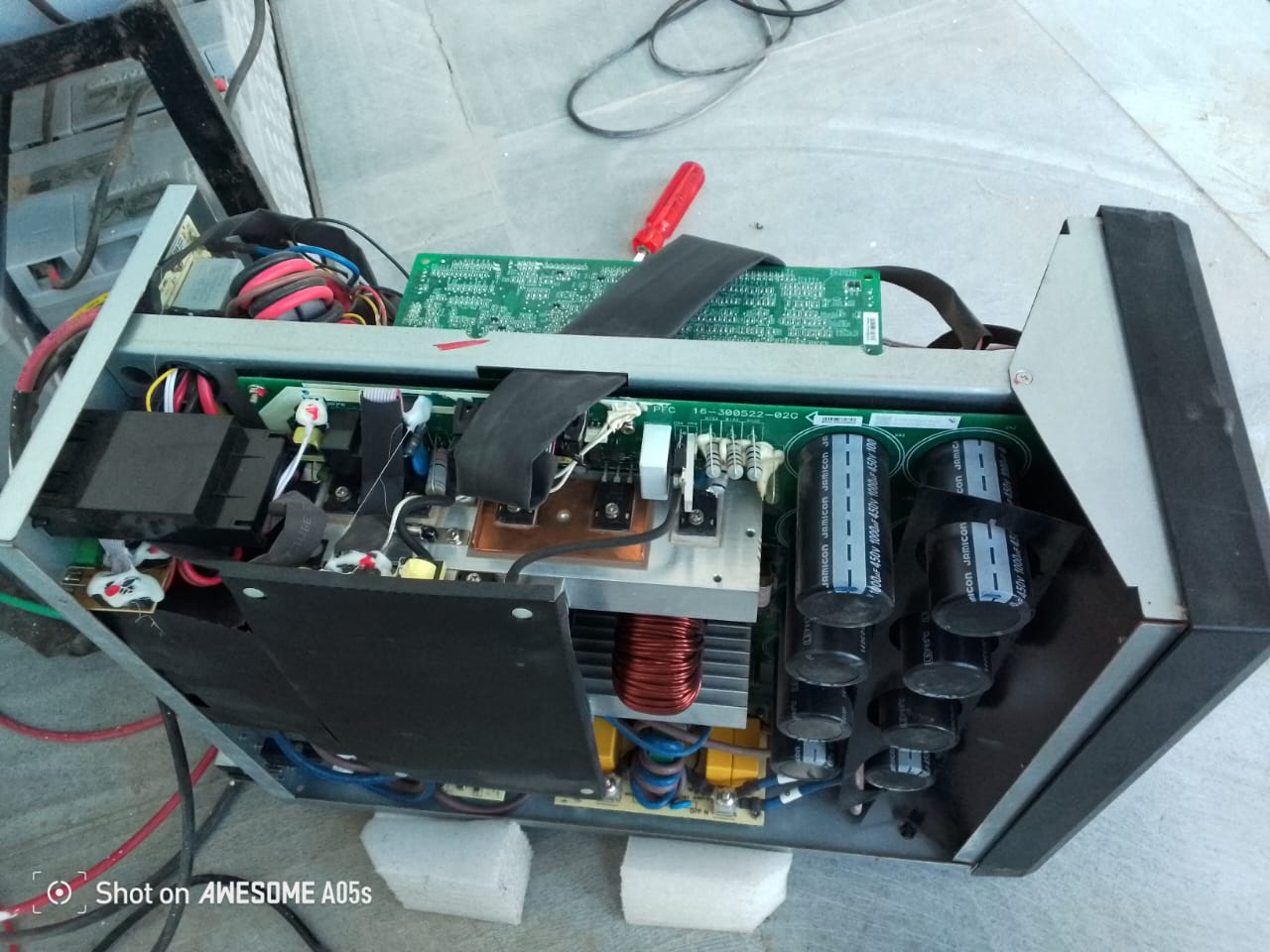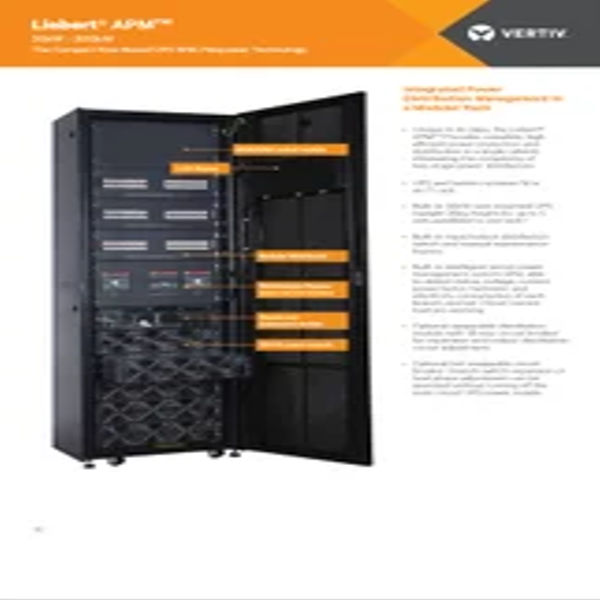Repairing a Vertiv 1 kVA UPS involves a systematic approach to diagnosing and fixing issues. Here’s a detailed overview of the repair process, common problems, and considerations specific to Vertiv UPS systems: Repair Process Initial Assessment Gather Information: Document symptoms such as alarms, performance issues, or failure to start. Visual Inspection: Look for signs of physical damage, burnt components, or loose connections. Diagnosis Self-Diagnostic Tests: Many Vertiv UPS units have built-in diagnostic tools. Run these tests to identify fault codes. Multimeter Testing: Use a multimeter to check voltage levels, current, and resistance. Battery Health Check: Test the battery using a dedicated battery tester or multimeter to check for voltage and capacity. Inspect Fuses and Circuit Breakers: Check for blown fuses or tripped circuit breakers that could indicate a fault. Common Issues Battery Failure: The most common issue; batteries may need replacement due to age or improper charging. Capacitor Issues: Capacitors can degrade over time, leading to performance problems. Overheating: Caused by dust accumulation, blocked ventilation, or fan failure. Control Board Failures: Issues with the control board can affect functionality. Input/Output Problems: Fluctuations in input power or output voltage can indicate deeper electrical issues. Repair and Replacement Battery Replacement: Carefully remove old batteries and install new ones, ensuring correct polarity. Component Replacement: Replace any faulty components, such as capacitors or fuses, as identified during diagnostics. Soldering and Repairing Connections: Resolder any loose or damaged connections on the circuit board. Firmware Updates: If applicable, update the firmware for optimal performance. Testing After Repair Functional Testing: Run the UPS to ensure it operates correctly. Load Testing: Test under load conditions to verify performance and capacity. Battery Discharge Test: Simulate a power outage to ensure the UPS provides backup power as expected. Final Inspection Safety Checks: Verify that all repairs meet safety standards. Documentation: Record all repairs, parts replaced, and any other relevant information for future reference. Maintenance Tips Regular Testing: Conduct periodic self-tests and inspections to identify potential issues early. Battery Maintenance: Keep battery terminals clean and ensure connections are tight. Cooling: Ensure proper ventilation around the UPS to prevent overheating. Environment: Keep the UPS in a controlled environment, away from moisture and extreme temperatures. When to Seek Professional Help If issues are complex or beyond basic troubleshooting, consult a professional service. Use authorized Vertiv service centers for repairs to ensure quality and warranty compliance. Conclusion Repairing a Vertiv 1 kVA UPS requires careful diagnosis and knowledge of electrical systems. Regular maintenance can help prevent many common issues, ensuring reliable performance. For more complicated repairs, seeking professional help is recommended to ensure safety and effectiveness.
Send Message







